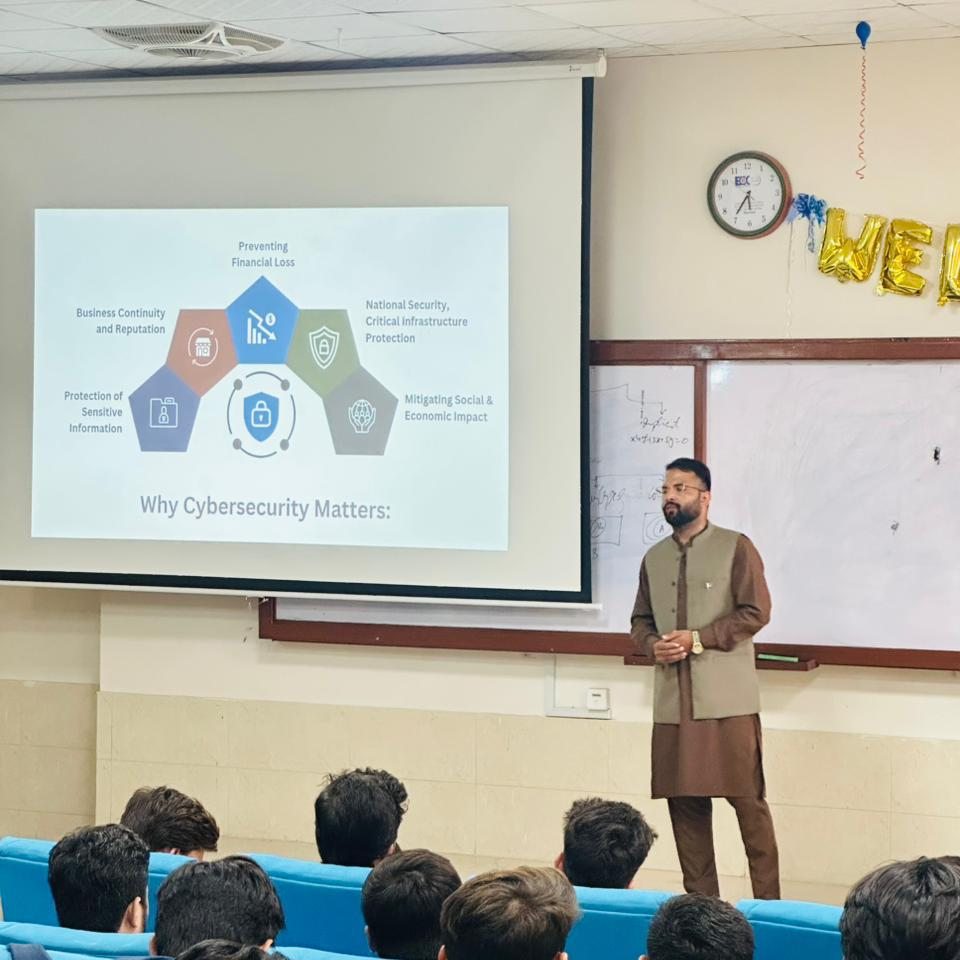WhatsApp is one of the most popular messaging apps, known for its end-to-end encryption, which ensures that only the sender and receiver can see the messages. While this encryption makes WhatsApp conversations secure, it can be a challenge for investigators trying to access crucial information in criminal cases. However, digital forensic experts have developed ways to retrieve WhatsApp messages during investigations, especially when they have physical access to the device or can get hold of cloud backups.
Here’s a breakdown of how forensic experts can access WhatsApp messages and what it involves.
1. How WhatsApp’s Encryption Works
WhatsApp uses end-to-end encryption (E2EE) to ensure that messages exchanged between users are secure. This encryption means that only the sender and recipient can read the message. Even WhatsApp’s servers cannot access the content of messages, as they are encrypted using unique keys held only by the communicating devices.
Key elements of WhatsApp encryption include:
- Elliptic Curve Cryptography (ECC): WhatsApp relies on ECC for key exchange, which helps ensure secure communication between parties.
- Signal Protocol: Developed by Open Whisper Systems, the Signal protocol is the underlying encryption technology for WhatsApp.
- Session Keys: When a message is sent, a unique session key is generated for that particular message. This key ensures that even if a communication session is compromised, older or future messages remain secure.
Despite this, forensic experts can still retrieve messages using various techniques, especially if they can access the device or its backups.
2. Methods Forensic Experts Use to Access WhatsApp Messages
A. Physical Access to the Device
One of the most straightforward ways for forensic experts to retrieve WhatsApp messages is by physically accessing the device.
- Extracting Data from the Device: Forensic tools like Cellebrite or Magnet AXIOM can help create an image of the entire device, including the WhatsApp data. This allows the extraction of all messages stored locally on the device, which often includes decrypted chat history.
- Direct Memory Access: More advanced techniques like JTAG Forensics or Chip-Off Forensics allow forensic experts to read the phone’s memory directly. Although these methods are a bit invasive, they can provide access to raw data, including WhatsApp messages.
B. Accessing Cloud Backups
WhatsApp allows users to back up their messages to Google Drive (for Android) or iCloud (for iPhone users). Interestingly, these backups are often not end-to-end encrypted, making them easier to retrieve.
- Google Drive Backups: Investigators can use tools like Elcomsoft Cloud Explorer to extract WhatsApp backups from Google Drive if they have access to the user’s account credentials or legal permission. Once retrieved, these backups can reveal entire chat histories.
- iCloud Backups: For iPhone users, backups stored on iCloud can also be accessed using tools like Elcomsoft Phone Breaker. With proper authorization or credentials, forensic experts can download and decrypt these backups, giving them access to the WhatsApp chats.
C. Extracting and Decrypting Local Databases
WhatsApp stores messages in local databases on both Android and iOS devices. These databases are often encrypted but can still be accessed with the right tools.
- Android Devices: WhatsApp messages are stored in the msgstore.db file on Android devices. This file is usually encrypted with a key stored on the phone. Forensic experts can use tools like ADB (Android Debug Bridge) to extract both the database and the key, allowing them to decrypt and access the messages.
- iPhones: On iOS, the chat history is stored in ChatStorage.sqlite. To access this, investigators usually need to jailbreak the phone. Once the database is extracted, tools like Oxygen Forensic Detective can decrypt it, revealing the chat history.
Also Read: Disk Forensics Tools
D. Analyzing and Reading WhatsApp Data
After extracting the databases or backups, forensic tools come into play to make sense of the data. These tools not only decrypt the messages but also present them in a readable format.
Some common forensic tools used for this include:
- Belkasoft Evidence Center: It helps decrypt and analyze WhatsApp chats from both Android and iOS devices.
- XRY Mobile Forensics: A platform that allows investigators to view decrypted messages and analyze attachments, like images and videos, sent through WhatsApp.
- Oxygen Forensic Detective: This tool parses WhatsApp databases, allowing experts to view messages, contacts and other metadata.
3. Legal Considerations
While forensic tools can access WhatsApp messages, investigators must follow legal procedures. Usually, they need a warrant or court order to retrieve and examine private communications. Additionally, they must handle the data carefully, maintaining the chain of custody to ensure that the evidence remains intact and usable in court.
Forensic experts also need to respect privacy laws and follow strict ethical guidelines to avoid any misuse of personal data.
4. Challenges in Retrieving WhatsApp Messages
A. Stronger Encryption
WhatsApp continues to improve its encryption methods, which may make it harder for forensic experts to retrieve messages in the future. New security updates often close vulnerabilities that experts may have previously exploited.
B. Users’ Security Measures
In some cases, users take extra steps to secure their WhatsApp data, like enabling two-step verification or regularly deleting their chat history. These measures can make it more challenging for investigators to retrieve messages, requiring advanced recovery techniques.
C. WhatsApp’s New Multi-Device Feature
WhatsApp’s new feature allows users to access their chats from multiple devices without needing their phone to be connected. This can complicate investigations, as forensic experts now need to consider several devices when trying to retrieve messages.
Also Read: Digital Forensics Frameworks
Conclusion
Digital forensics has evolved to meet the challenges of retrieving data from encrypted platforms like WhatsApp. While its encryption is robust, forensic experts can still access messages through physical access to the device, cloud backups, or by extracting local databases. With the right tools and legal authorization, investigators can decrypt and analyze WhatsApp messages, providing crucial evidence in criminal investigations.
As encryption methods become more complex, forensic experts will continue to develop new techniques to access important data while balancing the need for privacy and ethical considerations.




